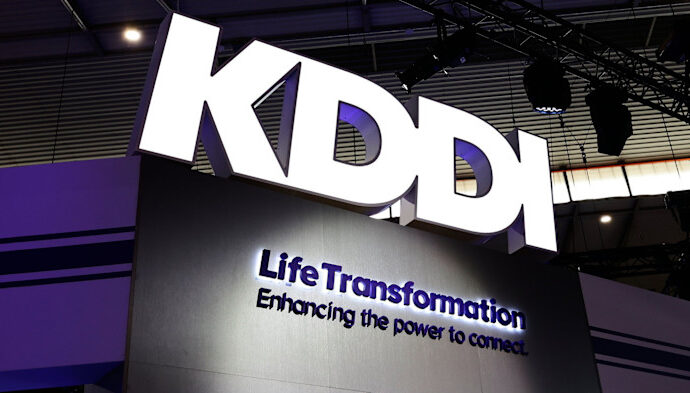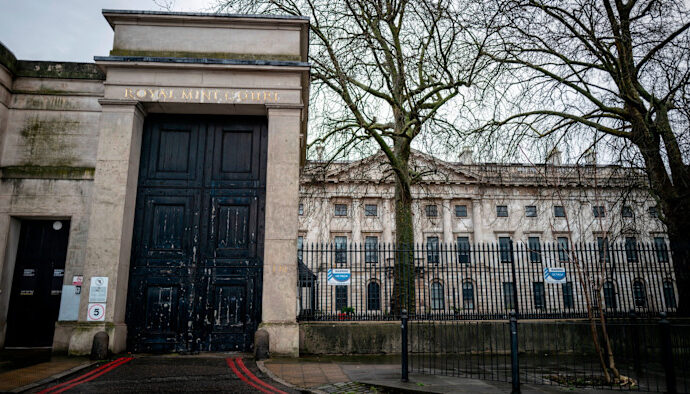Stay informed with free updates
Simply sign up to the Pharmaceuticals sector myFT Digest — delivered directly to your inbox.
Lab monkey prices in China have plummeted as a post-pandemic slowdown in drug development ripples through the pharmaceutical sector in the world’s second-largest economy.
The price of so-called non-human primates in China — an indicator of the future pipeline of drugs undergoing clinical trials — hit a peak of $26,000 per animal in 2022, up from $4,000 in 2019. But by the end of last year, it had fallen to $11,000, according to UBS data.
The first two years of the Covid-19 pandemic saw “booming investment” in drug development, said UBS China healthcare analyst Chen Chen, as investors piled money into backing domestic vaccine candidates and other drug development.
This created a surge in demand for lab monkeys, which regulators insist are important to prove the safety of drugs in early research because of their anatomical and behavioural similarities to humans, despite opposition from animal welfare activists.
The “monkey price has been on a roller-coaster ride over the past few years, largely mirroring the ups and downs of pre-clinical activities in China’s biotech sector”, said Bruce Liu, partner at consultancy Simon-Kucher.
Falling primate prices have prompted Chinese biotech groups that bought monkey farms during pandemic-era supply crunches to write down the value of their assets. Beijing-based Joinn Laboratories, which acquired two lab animal suppliers in 2022, has warned about the impact of falling primate prices on its business.
“The company’s main biological asset are NHPs used for pre-clinical trials. Because we have significant inventory of NHPs, price fluctuations will cause significant changes to the fair value of the biological assets,” said Gao Dapeng, Joinn’s general manager, during a call with investors at the end of last year. In its 2023 financial report, the company said the value of its primate assets had fallen by about $40mn.
The low cost of running clinical trials in China and the country’s rapidly ageing and ailing population had catalysed investment in the sector. But over the past two years, investment has declined with falling demand for Covid vaccines, a spate of poor post-listing performances of Chinese pharma groups listed in Hong Kong and a crackdown on healthcare.
Investment in China’s healthcare sector fell from a peak of $31bn in 2021 to $12bn last year, according to UBS research. This has been mirrored by a slowdown in investment in drug innovation. Data provider Pharmcube reported that investment on new drug discovery in China fell by 32 per cent in 2023 to $4.8bn.
In 2021, about 30,000 monkeys were bred in China, according to China’s NHP Breeding and Development Association, about a third less than required. Liu said companies that bought farms to secure supply are “stuck now with the monkey business, which turns out to be more a liability than a hot asset today”. Joinn and WuXi AppTech — clinical research groups that bought animal breeding facilities — did not respond to requests for comment. Pharmaron, which also has a facility, declined to comment.
While lab monkey prices are falling in China, scientists in the US have urged Washington to increase investment in breeding programmes with supply crunches hitting research studies.
China banned the export of lab monkeys in 2020 due to the spread of coronavirus. At the time, China was the largest supplier to the US and the ban caused the price of lab monkeys to triple between 2019 and 2022, according to Evercore ISI.
The US then cracked down on the illegal trade of wild monkeys from Cambodia, which stepped in to fill the gap from Beijing’s export ban.
Washington indicted eight people, including senior Cambodian officials, who were implicated in a smuggling ring. After the move, major US labs stopped purchasing monkeys from the country, exacerbating the supply crunch.


